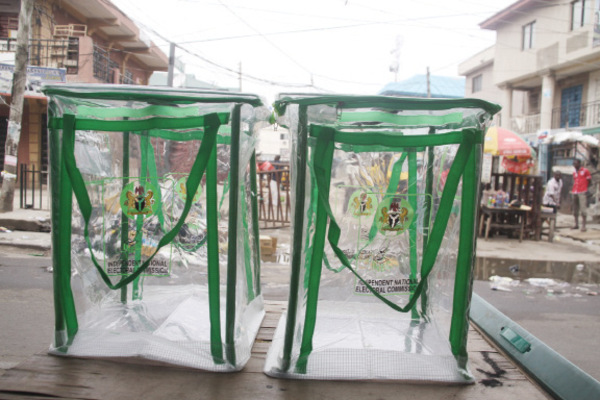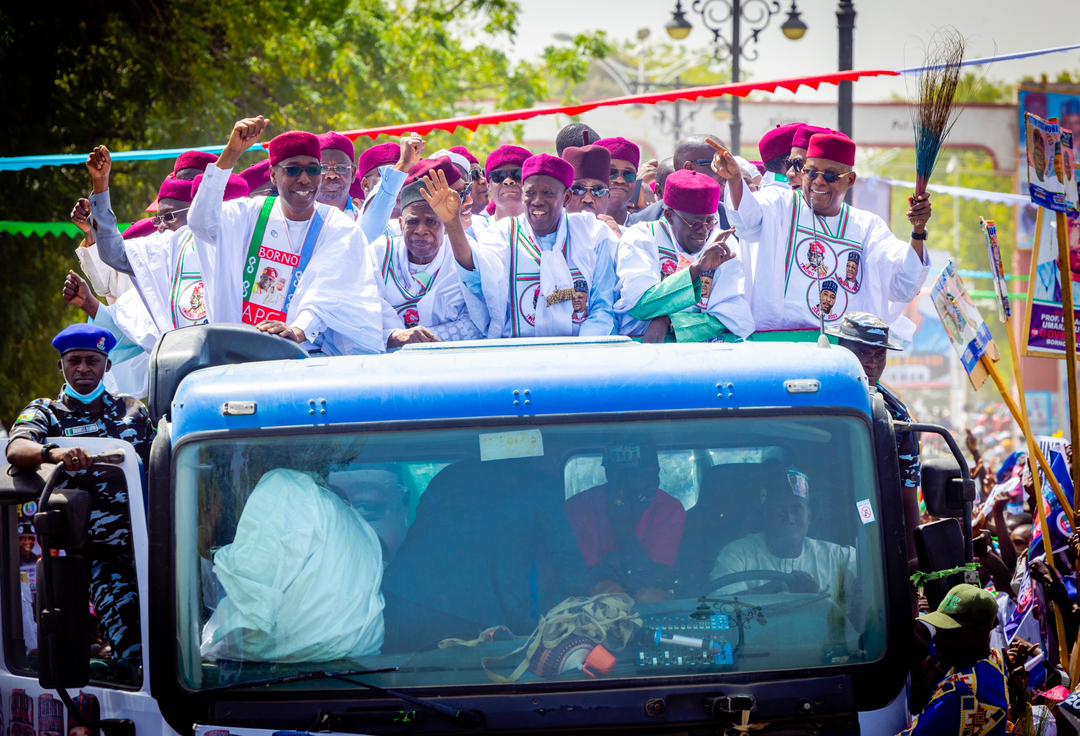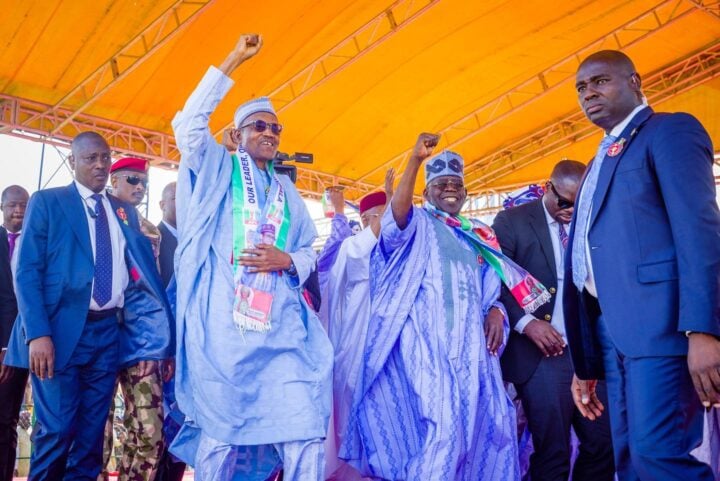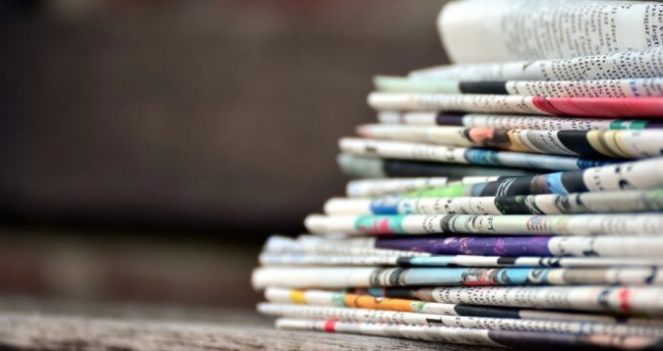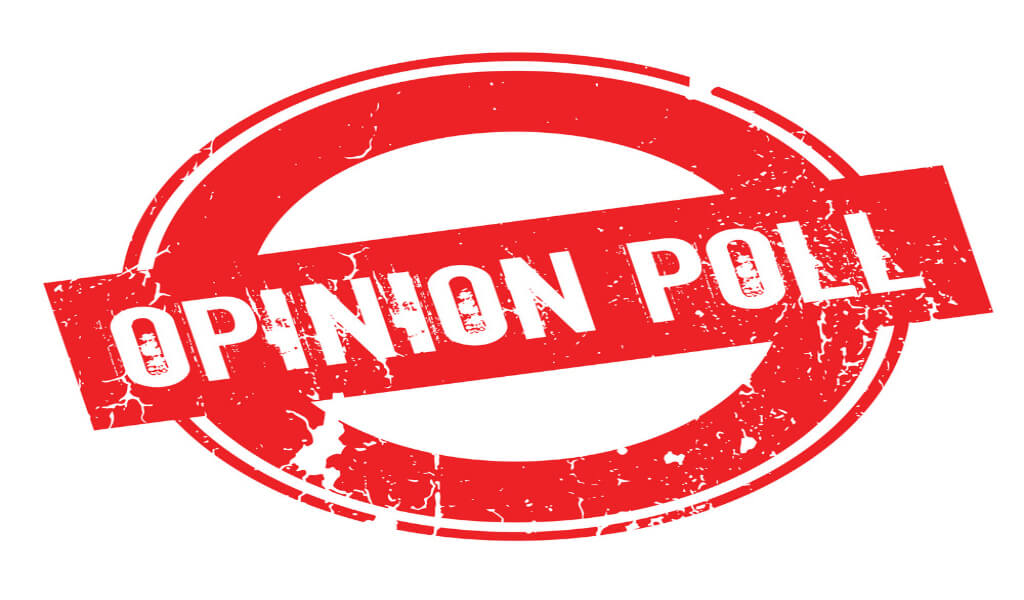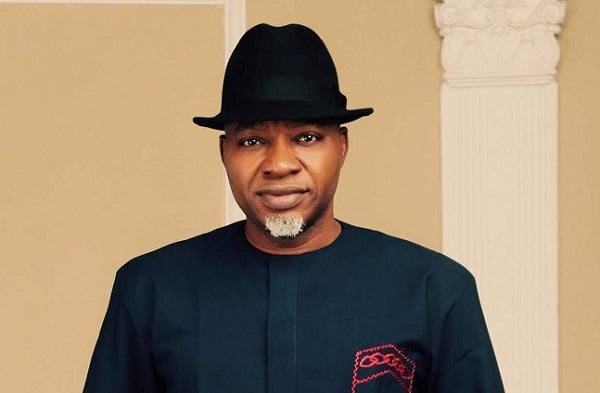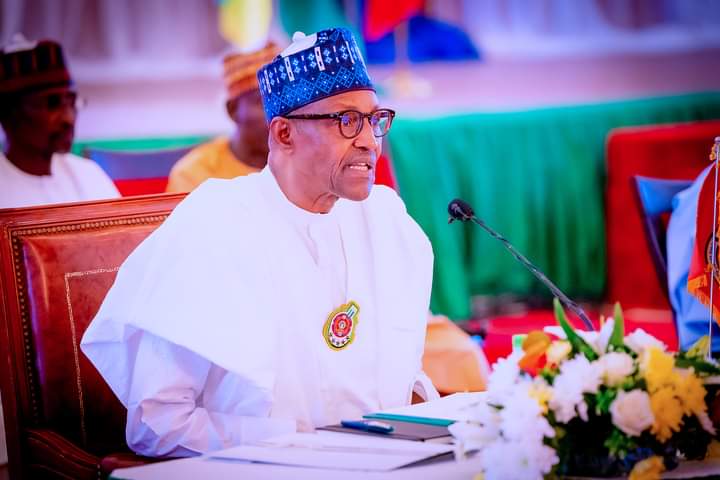The hour is at hand. Nigerians are about to pick a new president. I am ignoring the orchestrated crises and keeping my eye on the ball. We have done elections successfully since 1999 and I am confident that this too will come and go, no matter the odds, no matter the sinister gameplan. Next Saturday, we will choose one from Asiwaju Bola Ahmed Tinubu (All Progressives Congress, APC), Alhaji Atiku Abukabar (Peoples Democratic Party, PDP), Mr Peter Obi (Labour Party, LP), and Dr Musa Rabiu Kwankwaso (New Nigeria Peoples Party, NNPP), among others. I am suspending my five-part series, ‘Common Errors about Nigeria’, to display my two kobo on the 2023 presidential election.
The star revelation of this election is, unquestionably, Obi. Until now, we usually dismissed the idea of a “third force” or “new wave” candidate. We scoffed at the idea that a candidate who does not belong to any of the parties with a significant number of elected officials could make an impact in the presidential election. In May 2022, Obi, who was Atiku’s running mate in 2019, defected from the PDP, moved to the LP and his aspiration instantly caught fire on Twitter. Before you could say jack, he started gaining organic followership on the streets. I would guess that millions of voters who do not have any allegiance to APC or PDP — that is, the “unattached” — are now in Obi’s corner.
There is a striking semblance between Candidate Buhari in 2015 and Candidate Obi in 2023. Both have been sold to voters as “honest” and “frugal”. They are branded as anti-graft champions, and this resonates with many Nigerians who think that our major problem is corruption. The ordinary Nigerian believes that if we can elect an honest and prudent president, Nigeria will be a much better country because our resources will be well managed. There are widespread expectations that a candidate who has such a remarkable testimonial in the bag should be able to make a difference. However, some critics will say Buhari and Obi are high on integrity but low on economic policy.
Obi’s candidature has propelled the realignment of forces to certain degrees. Igbos are usually accused of not backing one of their own, but I do not think this is the case again — except for a limited number of their political leaders. On the positive side, many non-Igbos are casting aside ethnic sentiments to join the Obi train. The Christian community is also mobilising intensely for him across the country, especially because of the APC Muslim/Muslim ticket, although he is also the only Christian in the top four. Sections of the civil society, particularly the youth-dominated End SARS movement, are backing Obi. Altogether, he has the backing of several segments of the electorate.
Advertisement
Can Obi win? Several polls have put him ahead. There are serious questions about the reliability of those polls — such as the methodology (one used smartphone app) and the sampling demographics — but it must count as a plus for him that he is not rated as a non-starter. His overall performance will depend largely on his ability to penetrate the north as much as he has done in the south. Some analysts are counting the youth votes in his favour, but it will be clumsy to discount the fact that every candidate has his own youths, and they are well spread across the country. The sentiments of youths in Bida are different from the emotions of youths in Benin. None should be understated.
Tinubu, as the candidate of the ruling party, should ordinarily be the favourite to win. After all, his party controls 21 of the 36 states. As a politician who has been building bridges across the country since at least 1991, he has allies everywhere. He is well connected in the north, where fidelity to political relationships is not uncommon — judging by how Bashorun MKO Abiola and Chief Olusegun Obasanjo won presidential elections in 1993 and 1999 respectively. Tinubu’s supporters argue that among the top four candidates, he has the most critical credentials to lead Nigeria in terms of his team selection skills, vision, and a deep understanding of politics, economics and development.
His candidature is, however, challenged in some ways. Millions of Nigerians are not impressed with the performance of the APC in the last eight years, worsened by the recent crisis caused by naira redesign and petrol scarcity. In a way, Tinubu has distanced himself by saying it was orchestrated to stop him from winning the election. It is not much of a secret that he does not enjoy the wholehearted backing of Buhari, no matter how many times he raises Tinubu’s hand. Oddly, this could well work in Tinubu’s favour — that he is not “on the same page” with an APC president that is under fire. There are other questions being raised about Tinubu’s gaffes, gait, health and history.
Advertisement
The fact that APC is fielding a Muslim/Muslim ticket has riled many Christians, especially those who believe there is a conspiracy to Islamise Nigeria. This could work either way. Many in the Muslim north are saying “two Muslims are better than one” and massing behind Tinubu. While Atiku is unable to use religion to campaign up north because he cannot be seen to be antagonising a fellow Muslim, Obi is tapping Christian sentiments in the middle belt and south. It is hard to predict how the religion game will go, but Tinubu will be banking on a repeat of 1993 when a Muslim/Muslim ticket defied religious tensions and riots across Nigeria and carried the day, albeit it was annulled.
Historically, the Yoruba have always voted massively for Yoruba presidential candidates, so Tinubu will hope that the “home support” tradition continues. He also has the advantage of APC controlling 14 of the 19 states in the north. With the presidential election coming first, if APC loses to the PDP, the APC governors or their anointed candidates are in danger — they could be swept away in the gubernatorial polls two weeks later. It happened in 2015: as soon as APC won the presidential poll, PDP fell like a pack of cards in the governorship poll in the north. This may be a motivation or a wake-up call for APC governors to “deliver” in the presidential poll in enlightened self-interest.
Atiku, his supporters posit, is the most likely candidate to win — mainly because he is obviously the strongest northerner in the race. The calculation is that being Fulani, he would enjoy the support of the core north as the “homeboy”. I think this calculation was behind the PDP elders’ decision to back him in the primary. They probably thought the only way the PDP could get power back was to field a northerner against a southerner. Atiku, on his own, is a seasoned politician. This is the 30th year of his first attempt at presidency. Also, since 2003, Atiku has run or attempted to run for president every election year, no matter where the position is zoned, leading to accusations of desperation.
In 1993, at the age of 46, Atiku came third in the first round of the SDP primary election and backed Abiola in the run-off against Babagana Kingibe. Abiola got the ticket. Like Tinubu, Atiku has built political alliances across Nigeria in over 30 years. He is also credited with the ability to spot talent. His team selection capacity and grasp of economic issues are similar to Tinubu’s, just as he boasts of a liberal attitude in economic policy and has consistently spoken about tackling the hindrances to free enterprise in Nigeria. But many analysts also class Atiku and Tinubu together on issues of corruption, and this has played to the advantage of Obi in the camp of the unattached voters.
Advertisement
Like Obi and Tinubu, Atiku has several issues to battle with. The PDP of 2019 is fragmented. Obi and Kwankwaso have depleted the base. The G5 governors have not helped him either. The south-east that has voted PDP in every presidential election since 1999 is now likely to go to Obi’s LP. Kwankwaso’s strength in Kano and Jigawa will also be a chink in Atiku’s armour. Although Atiku has been whipping up regional sentiments up north with the “naka sai naka” messaging — “your own is your won” — APC’s strategists recall that a similar campaign did not work for Alhaji Bashir Tofa against Abiola in 1993. In fact, Abiola defeated Tofa in Kano, his own state. Will history repeat itself?
I am of the opinion that if the PDP of 2019 were still intact, APC would not stand a chance at all. But Atiku, in my analysis, is still strong enough to win a couple of states in the south-south and get respectable numbers in the south-west where PDP has never been a push-over. The major drawback would be that “tiwantiwa” is more likely to work in the south-west compared to “naka sai naka” in the north. In the electoral history of Nigeria, northern states have never voted in one direction, even when one of theirs in on the ballot. They divide their votes. This is different from the south-west, south-south and south-east where block-voting is quite common. Atiku will need to break the jinx.
Whatever happens next week, a jinx will be broken. One, if Obi wins, we will have the first elected president of Igbo origin. It will be like a Barack Obama moment. It will also be a major turning point for the third force. No zoning, “no shishi”, no problem. If Tinubu wins, Nigerians will have voted for a Muslim/Muslim ticket again. If they are inaugurated, it will be a first and it may also water down the impression that presidential ticket balancing has to be only along religious lines. If Atiku wins, that is potentially another eight years of a president from the north. That would mean 16 unbroken years. It may end the bitter debate over power rotation. Fellow Nigerians, something is about to happen!
AND FOUR OTHER THINGS…
DEMOCRACY DAYS
Advertisement
We will hold our 10th presidential election next week. While our first presidential experience was terminated shortly after the second election in 1983, and another experience was annulled in 1993, we are now going to the poll for the seventh time since 1999. That we have enjoyed democratic rule for 23 unbroken years is in itself remarkable. Bear in mind that the military ruled us for a combined period of nearly 30 years: from 1966-1979 and 1983-1999. When we add the five years of parliamentary democracy from 1960-1966, we have now experienced 32 years of civil rule. Democracy is winning 32-30. We may not be fully democratic yet, but this is not bad. Progress.
GENERAL PREFECTS
Advertisement
President Buhari is the second president to be constitutionally barred from running again after spending two terms in office. The first was President Obasanjo who was in charge from 1999-2007. Incidentally, both are retired generals and former military rulers. This is also the first time since 1999 that no former military head of state will be a candidate. However, two retired generals and former heads of state have tried and failed. In 1991, Gen Yakubu Gowon lost at stage one (ward level) of the Option A4 primary of the National Republic Convention (NRC) while in 2011, Gen Ibrahim Babangida lost out to Alhaji Atiku Abubakar in the PDP “northern consensus candidate” arrangement. Retired.
FOURTH 3RD FORCE
Advertisement
This is the fourth election since 1999 that we would have more than two “serious” contenders — candidates likely to win at least one state or get a million votes. In 2003, Dim Chukwuemeka Ojukwu (APGA) got about 1.3 million votes. I believe Ojukwu got far more than INEC declared. In 2007, Alhaji Atiku Abubakar (AC) polled 2.6 million. Mallam Nuhu Ribadu (ACN) got 2.07 million votes in 2011. Mr Peter Obi of the Labour Party is the unlikely “third force” this time around. He started his career in APGA and defected to the PDP thereafter before moving to LP. The critical factor has always been the need for a political structure across the federation to upstage the two biggest parties. Challenge.
CLASS ACTS
Advertisement
Of the top candidates, three belong to the Class of ‘91, having participated in the third republic politics. Asiwaju Bola Ahmed Tinubu, 70, was a senator; Dr Rabiu Musa Kwankwaso, 66, was a member of the house of reps (he was deputy speaker); and Alhaji Atiku Abubakar, 76, was a presidential aspirant who had earlier won the Adamawa governorship primary only for the military government to cancel it. Tinubu, Kwankwaso and Atiku were political associates of the late Maj-Gen Shehu Musa Yar’Adua and were members of the SDP. Obi, 61, is the only major candidate with a debut political career in the fourth republic. He governed Anambra from 2006-2014. Survivors.
Add a comment

